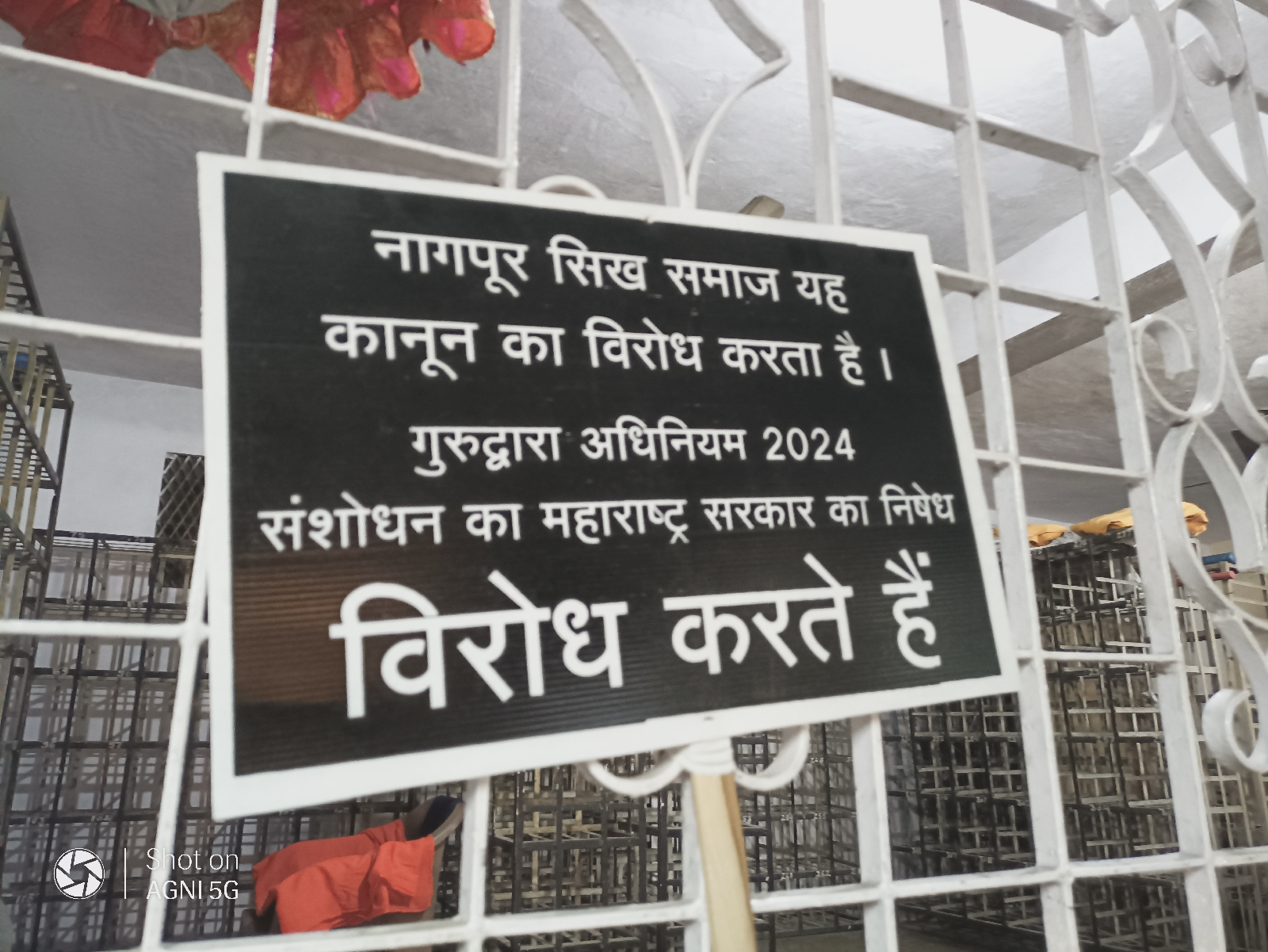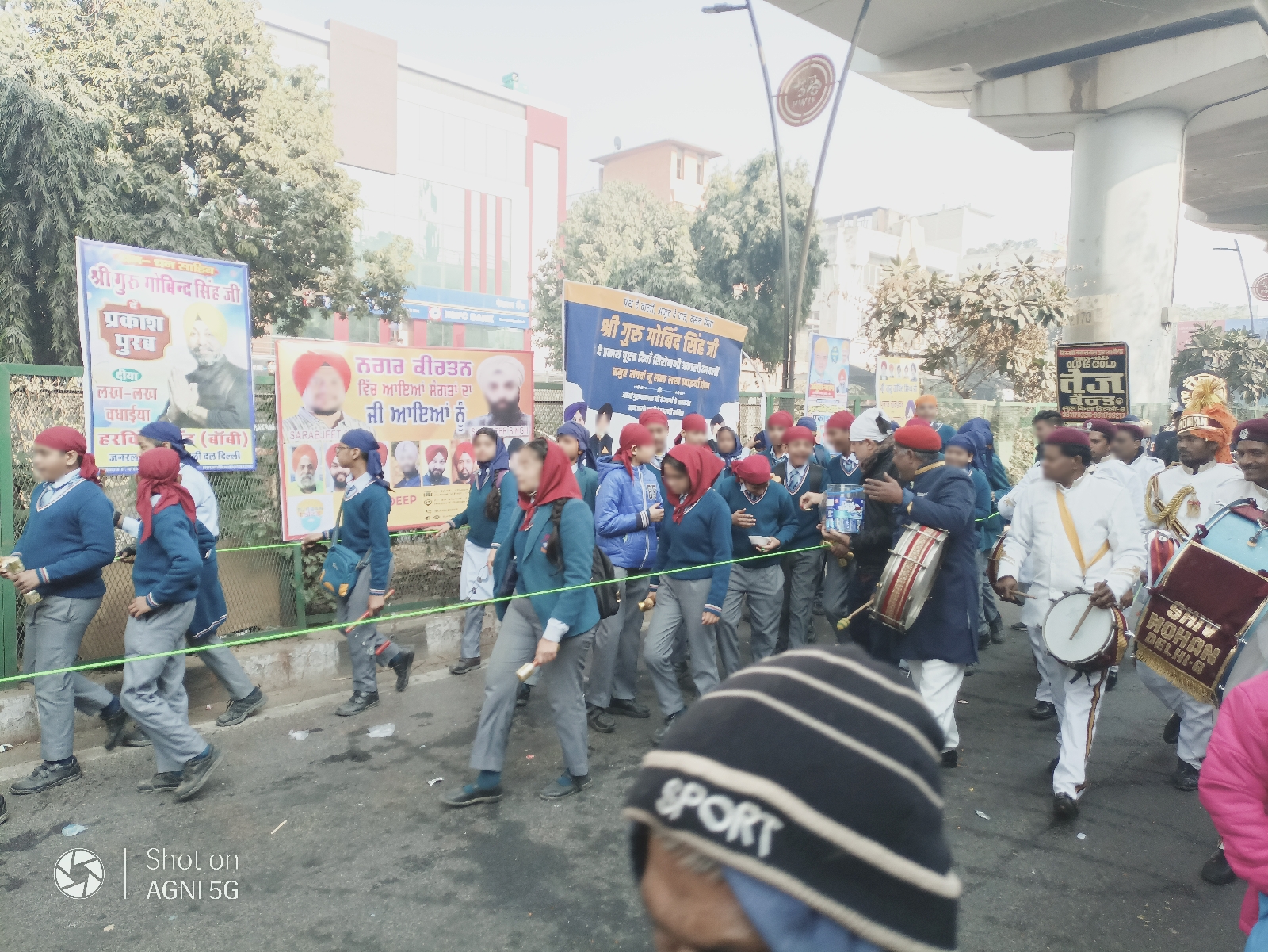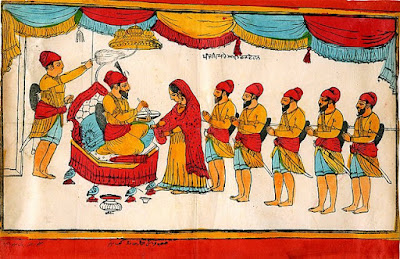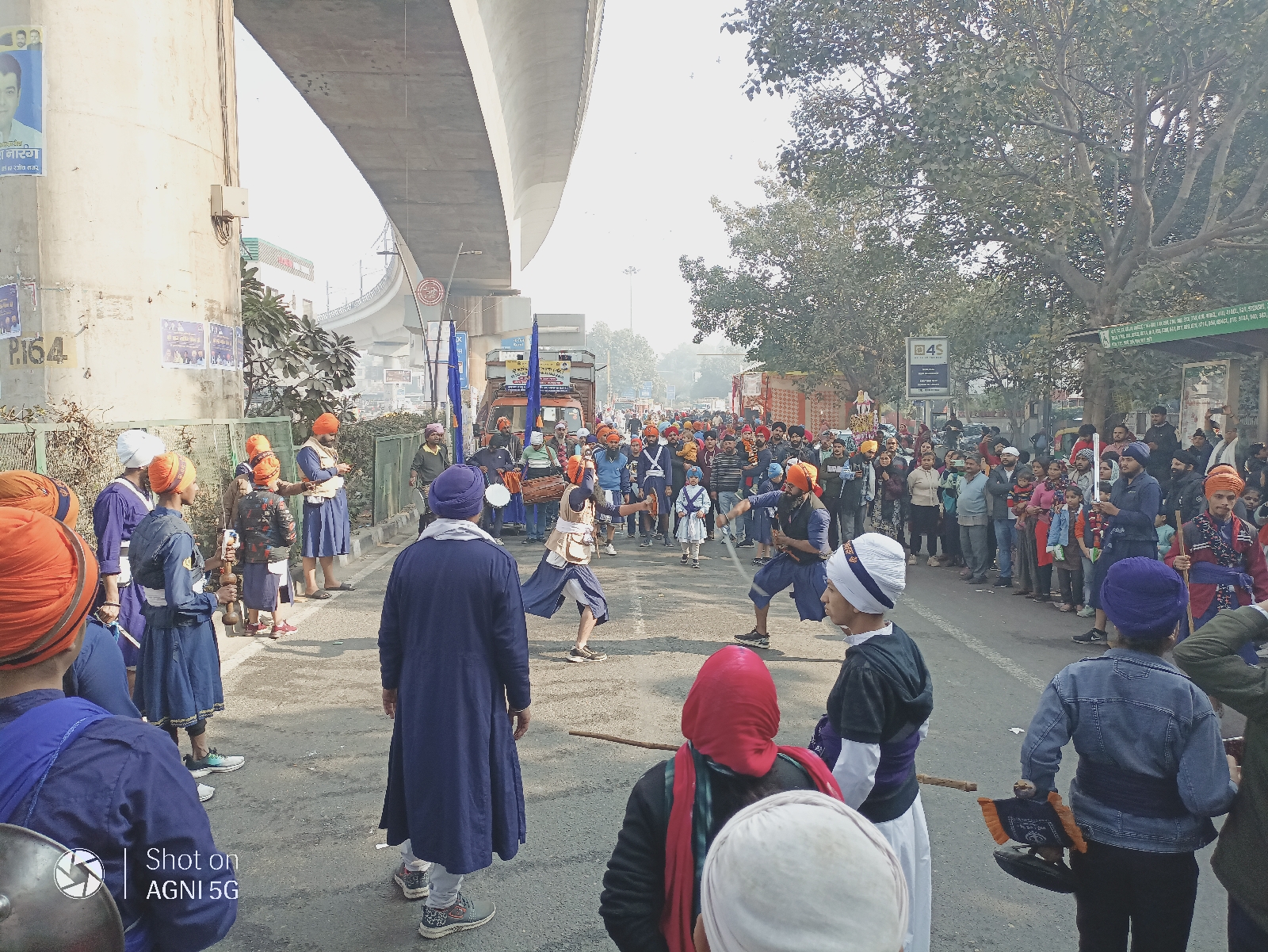One way in which Sikhs should react to the Waqf Amendment Bill
Before anything else, Sikhs should remember one thing. In February 2024, there was a unilateral move by the Maharashtra government to amend the Act that governs a very prominent and historical Gurudwara of the Sikhs called Hazur Sahib in Nanded. There was a proposal of removing nominated Sikh MPs in the governing body, along with having government appointed people who will manage the very holy shrine of the Sikhs. This is the gurudwara where Guru Gobind Singh breathed his last and is one of the 5 Takhts of the Sikhs. The proposed amendment also meant inclusion of non-Sikhs into the management body and also meant an increased direct control of the gurudwara by the state government.
 |
| Protest banner in Nagpur, the heartland of the Hindu 'cultural' organisation against the government's unilateral control over Sikhs' holiest shrines. |
Now, is there a connection between this and the current conversation around the amendment to the Waqf legislation? Yes, there is! And that is about the interference of affairs of minorities by the central government. It also involves the forced inclusion of government nominated members into the controlling boards, which may be not of the community to which the religious institution belongs to. What is happening today to the Waqf, may tomorrow happen to Sikh bodies like Shiromani Gurudwara Parbhandhak Committee and Delhi Sikh Gurudwara management committee.
Sikhs must also remember that the body of the Sikhs, the Shiromani Gurudwara Parbandhak Committee and the Gurudwara Act 1925, has the possibility of one fine day be called as colonial and redundant by a particular political party. This political party, is seemingly based on the principles of one nation, one religion! This political party promotes Hindu Rashtra, and this is an idea that all minorities must resist at all costs (Read: Danger of 'Hindu Rashtra' for Sikhs and other minorities in a secular India, by the same author.) This must be resisted with the same vigour as the idea of a Sikh state or Khalistan is resisted, and rightly so (Note: The author does not support Khalistan, as India promised a secular and peaceful coexistence to all citizens regardless of the religion, colour, caste etc)
Having said the above, the Waqf Act may need some amendments with respect to administration, updation of old ways of doing things and some other technical details (like the things, I am assuming were in the old Act regarding declaring any property unilaterally as waqf and making government property as waqf). But this must be done by involving the stakeholders and not having a top down approach.
But, to remind again, Sikhs must understand the impact of throwing another minority community (read muslims) under-the-bus. By assuming ourselves with a short term gain as part of the majority Hindu-fold and even thinking about dehumanising other minorities, we are paving the way for our own turn next. The divisive forces will keep creating divisions and Sikhs may be in the queue. As Sikhs our duty is to protect the interests of any community that is being persecuted. This article did not mean to talk about the technical points of the proposed amendment to the Waqf Act, but provides a narrative for the Sikhs to look at the Waqf Act. This is a narrative based on the understanding that Sikhs are a minority and Sikhs came under the Indian fold during independence as India was a secular country where right to practice any faith was enshrined in the constitution.
We have to remember the German Lutheran pastor Martin Niemoller who said:
First they came for the socialists, and I did not speak out—
Because I was not a socialist.
Then they came for the trade unionists, and I did not speak out—
Because I was not a trade unionist.
Then they came for the Jews, and I did not speak out—
Because I was not a Jew.
Then they came for me—and there was no one left to speak for me.







Comments
Post a Comment
Please share your view